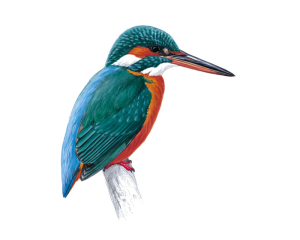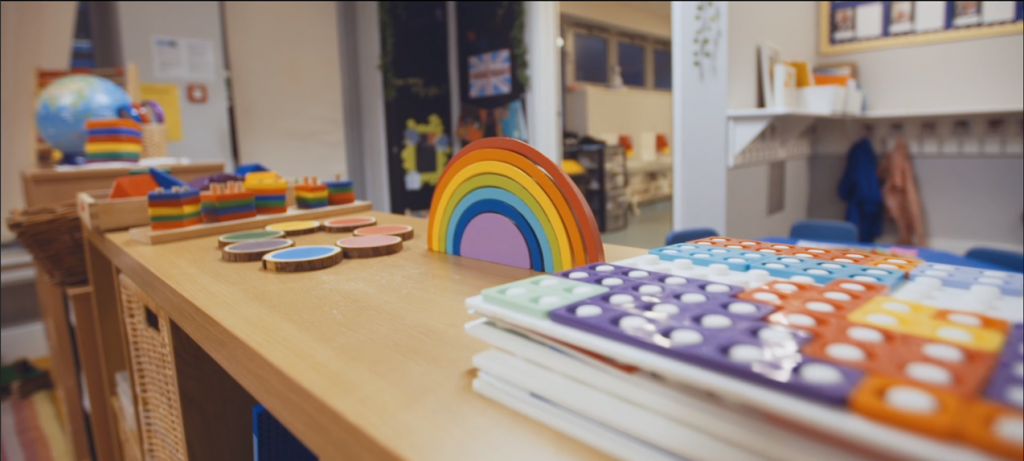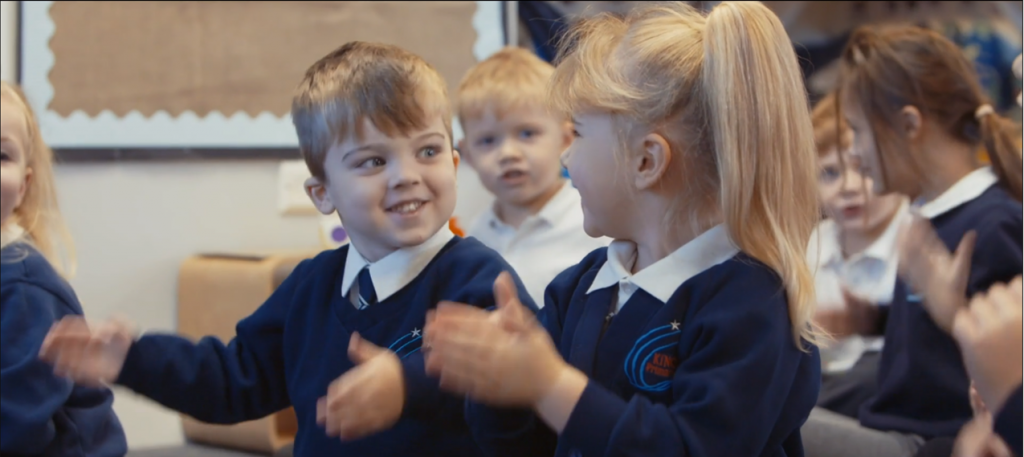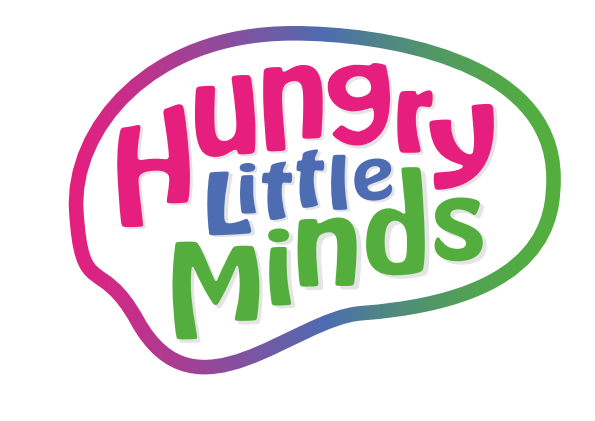Welcome to Kingfisher class

Teacher: Mrs Macdonald / Mrs Leather
Teaching Partner: Miss Judd
Please ensure PE kit is in school everyday as we may use it for other outside sporting activities when the opportunity arises.
What is EYFS? The Early Years Foundation Stage (E.Y.F.S.) is the stage of education for children from birth to the end of the Reception year. It is based on the recognition that children learn best through play and active learning.


EYFS at Kingsway Primary School.
The Early Years Foundation Stage at Kingsway Primary School and The KEY Nursery puts children at the heart of everything we do. We believe every child deserves the best possible start in life in order to fulfil their potential. We will provide a broad, creative and balanced curriculum which ensures children can develop at their own rate. Our practice is designed with an understanding of how children learn best. As children commence their journey with us, we begin to develop positive attitudes where children are proud of their work and their abilities.
We ensure there is a balance of both adult led and child initiated activities across the day. Although much of the time is spent with children self-selecting tasks, the interaction between the adult and child is essential as the adult’s response to children builds understanding and therefore guides new learning. The adult’s role is to continually model, demonstrate and question what the child is doing. In some cases, the adult will ask a child to come and complete a task or game with them; at other times they will participate in a child’s game, extending it where possible and sometimes the child is requested to complete an activity. By the summer term in Reception, the children will experience many more adult directed tasks as they prepare for their transition to
Year 1.
Reception Theme
Our learning and themes are generated through child interest. We follow the children’s in the moment ideas and learning sparks moving their learning on in personalised ways.
Reception Homelink Activities
Your child has their own Homelink folder which they will bring home to complete with you over each term. Please ensure your child returns the folder by the date on the sheet and encourage them to independently place it in the Homelink box in their classroom upon completion.
Ideas for fine motor activities:
- Curtain hoop and tea towel- pull the towel through to strengthen fingers/arms
- Practise doing up a zip/buttons
- Squeeze water out of sponges-squeeze really hard!
- Drawing shapes/circles/lines/zigzags on someone’s back/hand/finger nail
- Use tweezers to pick up small items
- Pinch pegs and peg them together
- Beads and threading
Songs and rhymes to practice at home:
- Three Blind Mice
- Humpty Dumpty
- Jack and Jill
- Baa, Baa Black sheep
- Twinkle, Twinkle little star
- Hickory, Dickory Dock
- I’m a Little Tea Pot
- Incey Wincey Spider
- Little Miss Muffet
- The Grand Old Duke of York
If you wish to have a paper copy of the homework please speak to the class teacher.
Reception Parent Overviews
Daily phonic/sound practice is key to learning to read and write so please try to spend 5-10 minutes every day making time for this at home. Reading books will be changed as your child reads, at least once per week. Children will also receive coloured word lists on a key ring when we feel they are ready. These words are ‘tricky words’ and cannot be sounded out.
Hungry Little Minds

All the little things you do with your child – like everyday conversations, make-believe play and reading together – make a big difference to their development. The Hungry Little Minds campaign provides lots of ideas that can help boost your child’s learning.
You can slot them into your routine and your children will love them. Such as:
- Play ‘I spy’ on the bus with them and you can see their imaginations light up
- Talk to your child about what has happened so far in the day – for example, “We went to the shops this morning, didn’t we? We bought some apples.” And talk about what is going to happen next – “After lunch we’ll do the washing up”
- Look at picture books together. With each new page, give your child time to point out things to you and talk about what they can see
Search Hungry Little Minds for simple tips and activities, or to find out what’s available where you live or click here to access their website.
